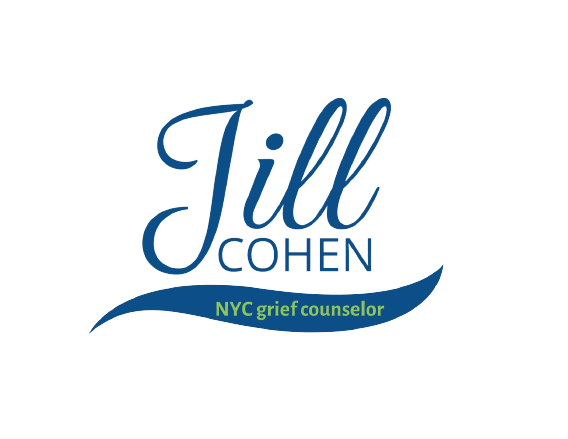May Is Mental Health Awareness Month -- Grief IS Part of Mental Health
6 Minute Read
Mental Health Awareness
Every May is designated Mental Health Awareness Month. The goal is to fight stigma, provide support, educate the public, and advocate for policies that support people with mental illness and their families. It also draws attention to suicide, which can be precipitated by some mental illnesses.
This year, NAMI (National Alliance of Mental Illness) is celebrating Mental Health Awareness Month with the Take The Moment campaign!
The goal is to foster open dialogues, cultivating empathy and understanding. This campaign also champions the importance of destigmatizing mental health by normalizing the practice of taking moments to prioritize mental health care without guilt or shame.
The Facts About Depression Are Astonishing
Did you know that:
More than 45,000 people die by suicide each year, making suicide a major public health concern.
Suicide is the 12th leading cause of death overall in the U.S.
Depression affects over 18 million adults (1 in 10) in America in any given year
Depression is the leading cause of disability for ages 15-44
Depression is the primary reason why someone dies by suicide about every 12 minutes (over 41,00 people a year)
(Statistics sourced from: Hope For Depression Research Foundation)
It Is Critical—
To be able to talk openly about mental health in order to get people the help they need.
It Is Time—
To end the stigma and embarrassment associated with mental illness.
What is Mental Illness?
According to the National Alliance on Mental Illness (NAMI), a mental illness is a condition that affects a person’s thinking, feeling or mood. Such conditions may affect someone’s ability to relate to others and function each day.
While each person will have different experiences with mental illness, the main thing to know is that you are not alone.
Mental health conditions are far more common than you think.
What Does GRIEF Have to do With Mental Illness?
The concept of “grief brain” is not often discussed, but it’s real.
What is “Grief Brain”?
“Several regions of the brain play a role in emotion, including areas within the limbic system and pre-frontal cortex. These involve emotional regulation, memory, multi-tasking, organization and learning. When you’re grieving, a flood of neurochemicals and hormones dance around in your head. There can be a disruption in hormones that results in specific symptoms, such as disturbed sleep, loss of appetite, fatigue and anxiety,” says Dr. Jannell Phillips, a neuropsychologist at Henry Ford Health System in Michigan
“When those symptoms converge, your brain function takes a hit. After all, if you’re overwhelmed with grief, it stands to reason that you won’t absorb your environment the same way you would when you’re content,” she adds.
Unfortunately, there are no quick-fix “grief brain” remedies to restore your ability to function when you’re overcome with emotion.
However, it has been shown that when mourners actively process their grief experience and spend time doing “grief work” with a grief counselor, they learn how to more smoothly navigate the “new normal” and adapt to a life without their loved one. They begin to focus more on memories, rather than on the yearning and missing of the deceased. Individual grief counseling can be a lifesaver for those struggling to complete their normal daily activities and interact with remaining loved ones.
Everyone grieves differently.
Just like there a times when a simple cut can become infected, there are times in which “normal grief” can turn into something bigger --- depression.
Here are two articles about the connections and the differences between grief and mental illness:
When Grief Becomes Complicated
Complicated grief disorder, also known as complicated bereavement disorder, keeps sufferers trapped in their pain and sense of loss after the death of someone they love. Grief is a normal human emotion, but it should be transitory.
Know When to Seek Help!
When it becomes chronic and debilitating, it may require mental health treatment. With professional assistance from a grief counselor, even the worst feelings of grief can be resolved and its most disabling symptoms overcome.
People who suffer from complicated grief disorder cannot escape feeling lost, alone, and devastated. Grief becomes their constant companion, and at that point they need expert assistance from mental health professionals who understand the difference between healthy and dysfunctional bereavement.
So, if you are experiencing any level of grief, don’t be ashamed to seek expert help from a grief counselor. And don’t be afraid of telling others about the mental health difficulties that are part of grief.
This May, honor Mental Health Awareness Month.
If you are in need of help, reach out for it.
If you want to learn about how grief counseling can help you or someone you know, please select a button below to receive my free resource about the benefits of grief counseling!
Email me or set up an appointment to talk about how grief counseling can help you.



